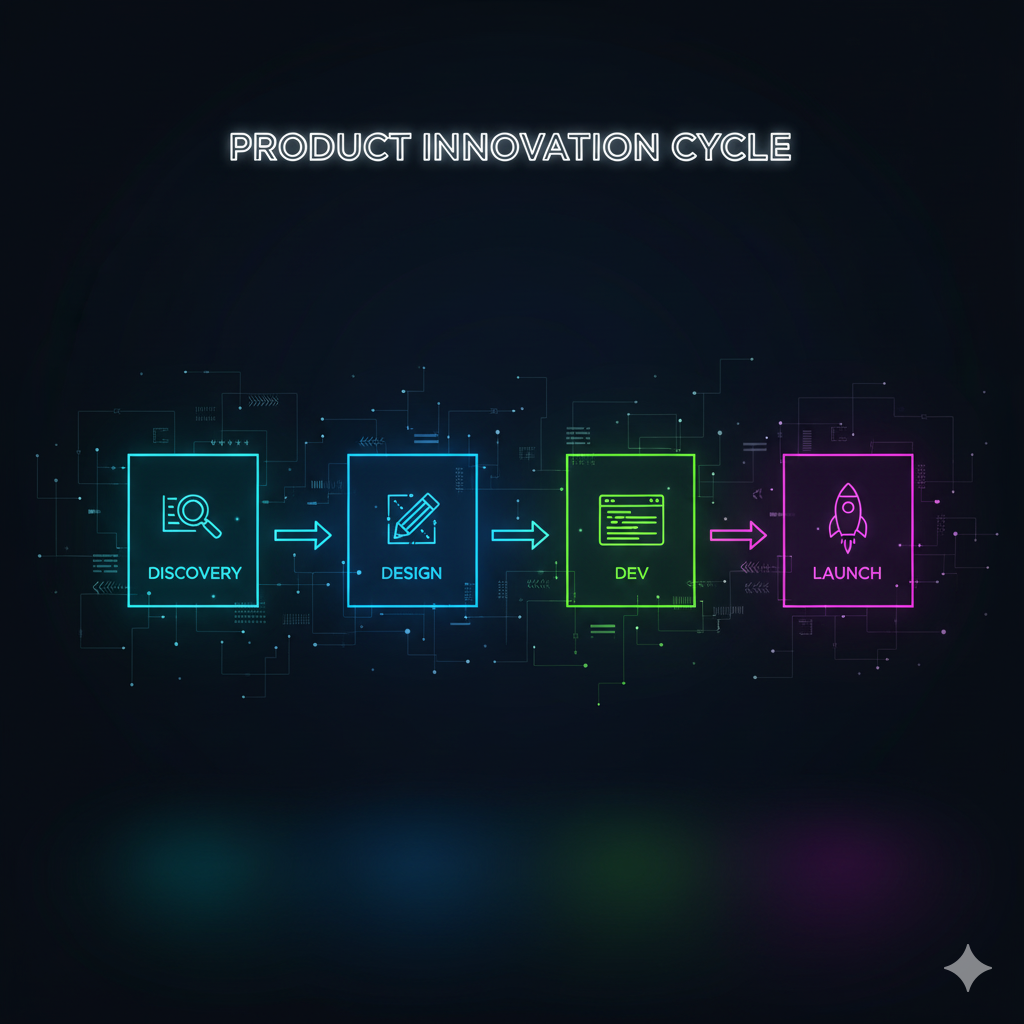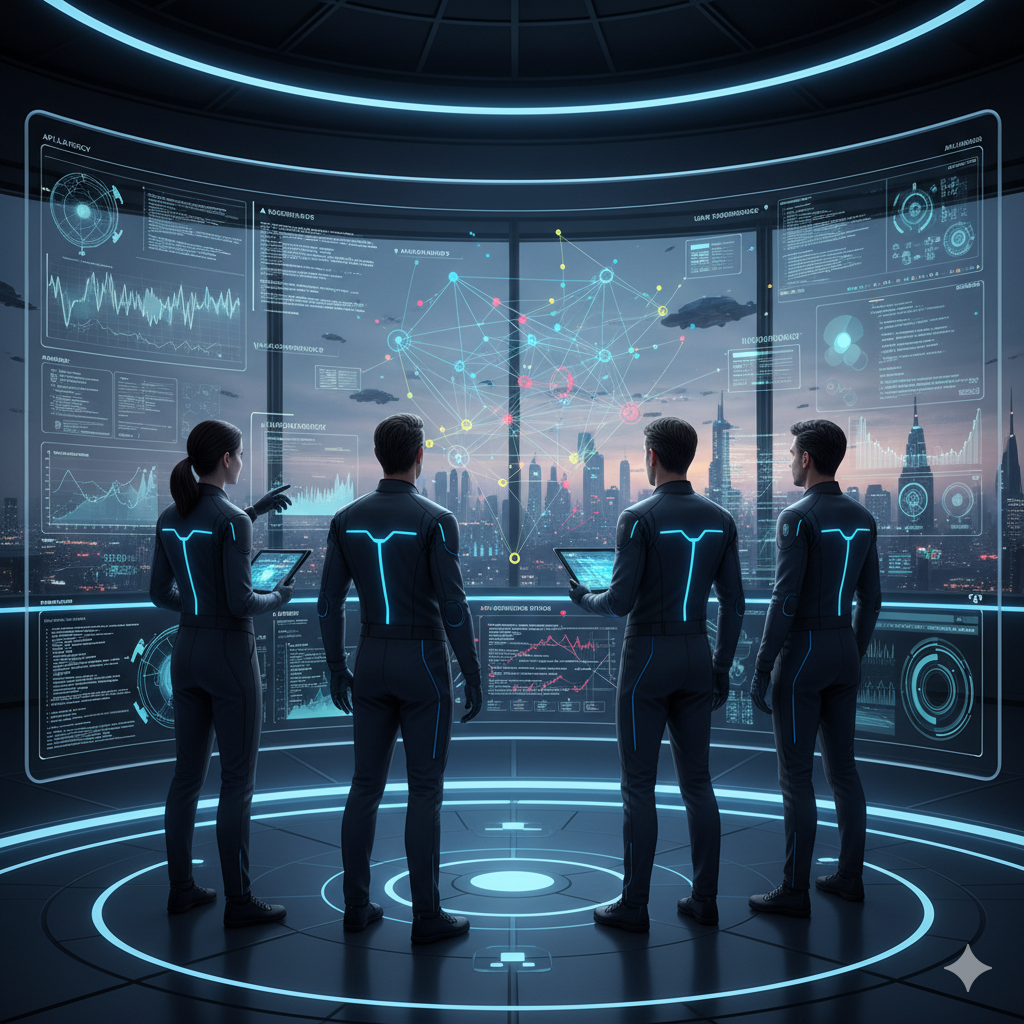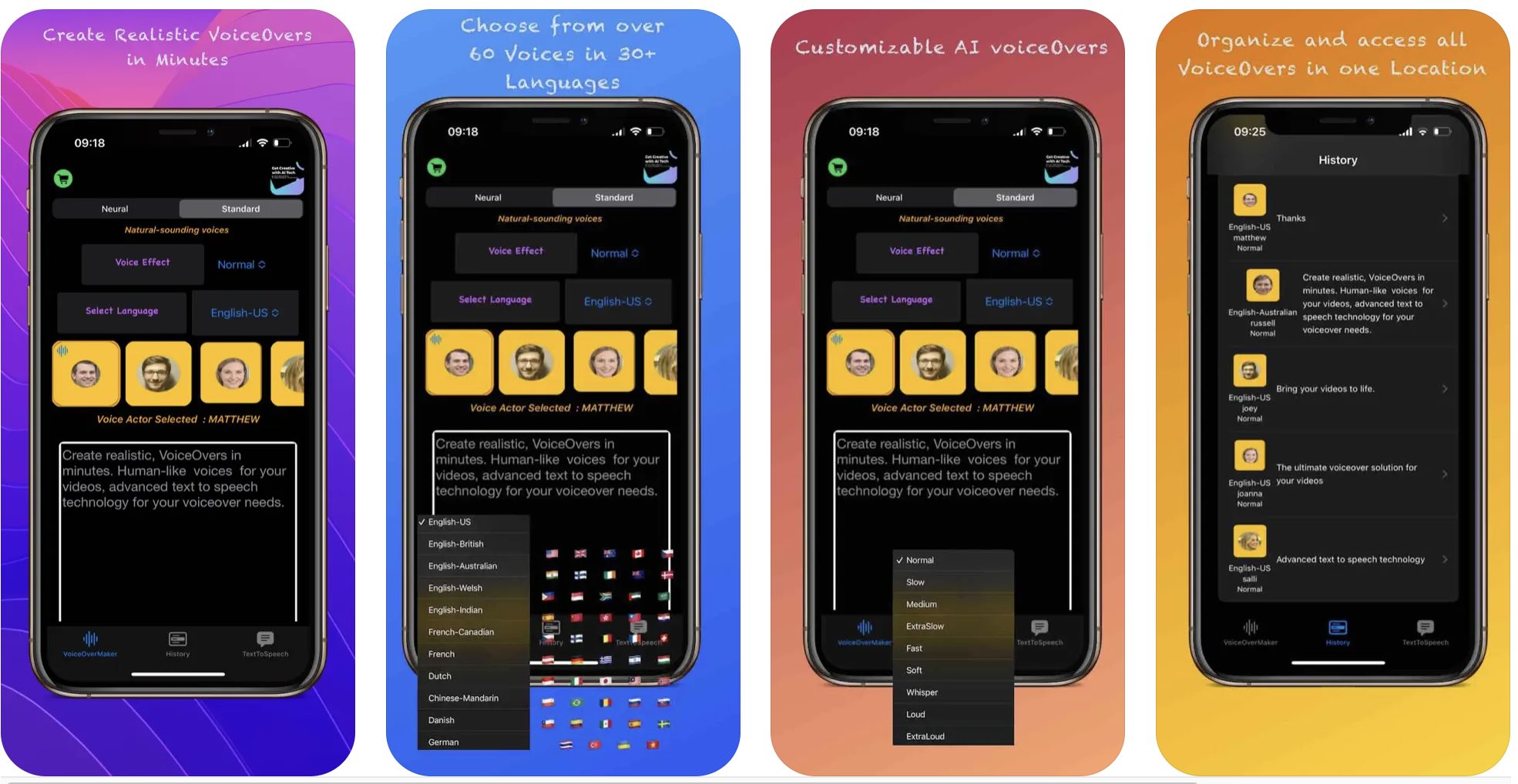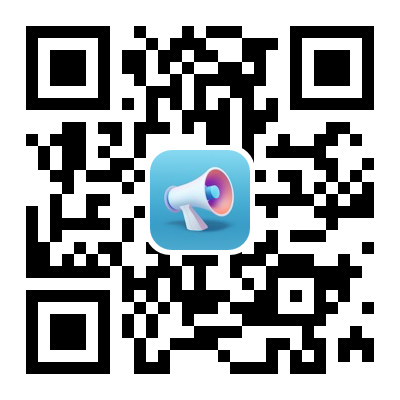Web Platforms that Ship Faster & Scale Smarter
Partner with a squad that pairs product strategy, design systems, and TypeScript engineering to deliver resilient web experiences.
Discovery in 10 days · Automated QA · Embedded collaboration

Build the frontend, backend, and ops in one motion
We plug into product teams to deliver composable UI, scalable APIs, and cloud automation without slowing velocity.
Experience engineering
Design tokens, accessibility, responsive layouts, SEO, and performance budgets using React, Next.js, Astro, and Storybook.
API & data platforms
TypeScript services, GraphQL/tRPC, Fastify, PostgreSQL, PlanetScale, Supabase, Redis, and integrations with Stripe, HubSpot, and internal systems.
DevOps & observability
CI/CD pipelines, serverless automation, feature flags, Sentry, Datadog, and automated security/compliance guardrails.
Product-led delivery, engineered for outcomes
- 1Discovery sprint to align KPIs, UX journeys, and technical architecture.
- 2Design system audit and component library expansion with Figma + Storybook.
- 3Full-stack implementation with automated testing, accessibility, and analytics.
- 4Launch support, growth experiments, and observability dashboards.

Stack coverage from prototype to production
Bridge monolith to microservices, migrate to modern frontend, or embed AI copilots inside your workflows.

Frontend excellence
Component-driven UI, progressive enhancement, internationalization, animation, and Core Web Vitals optimisation.
- Next.js, Remix, Astro, SvelteKit, SolidStart.
- Storybook, Chromatic, Percy visual regression.
- SEO, schema markup, analytics instrumentation.

Backend & automation
Domain-driven APIs, background jobs, secure auth, and observability across Python or TypeScript stacks.
- Fastify, NestJS, tRPC, GraphQL, REST.
- Vercel, AWS Lambda, ECS, Cloudflare Workers.
- PostgreSQL, PlanetScale, Supabase, Redis, Elastic.
Ready to launch or modernise your web product?
Share your roadmap and we’ll assemble the design, frontend, backend, and DevOps expertise to accelerate it.
Embedded squads · Weekly demos · Transparent velocity metrics
Explore More from Ondevtra AI
Jump into our other AI guides, tools, and resources to keep learning.




